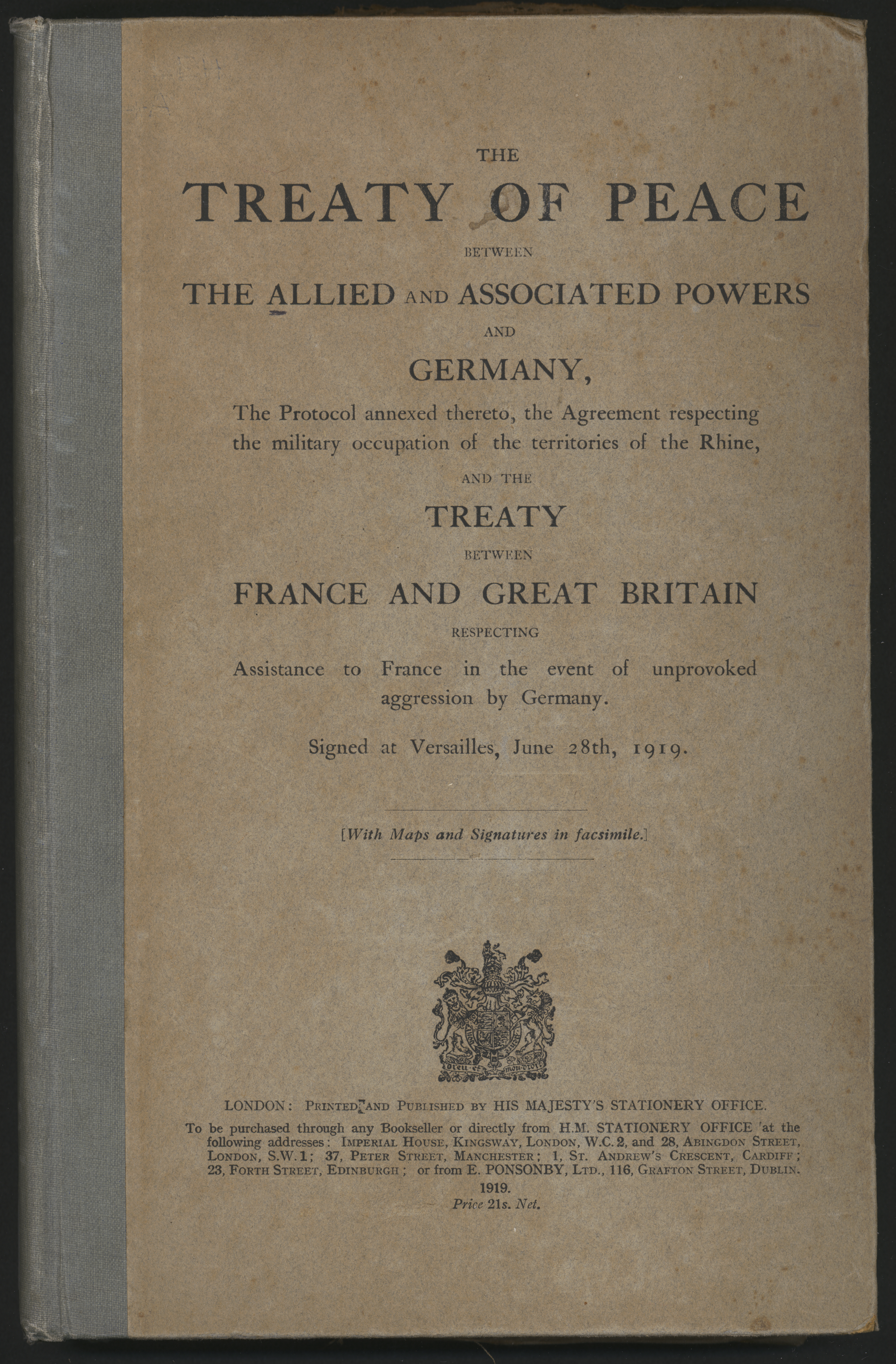|
Peace Settlement
A peace treaty is an agreement between two or more hostile parties, usually countries or governments, which formally ends a state of war between the parties. It is different from an armistice, which is an agreement to stop hostilities; a surrender, in which an army agrees to give up arms; or a ceasefire or truce, in which the parties may agree to temporarily or permanently stop fighting. The art of negotiating a peace treaty in the modern era has been referred to by legal scholar Christine Bell as the , with a peace treaty potentially contributing to the legal framework governing the post conflict period, or . Elements of treaties The content of a treaty usually depends on the nature of the conflict being concluded. In the case of large conflicts between numerous parties, international treaty covering all issues or separate treaties signed between each party. There are many possible issues that may be included in a peace treaty such as the following: * Formal designation of b ... [...More Info...] [...Related Items...] OR: [Wikipedia] [Google] [Baidu] |
Jus Post Bellum
''Jus post bellum'' ( ; Latin for "Justice after war") is a concept that deals with the morality of the termination phase of war, including the responsibility to rebuild. The idea has some historical pedigree as a concept in just war theory. In modern times, it has been developed by a number of just war theorists and international lawyers. However, the concept means different things to the contributors in each field. For lawyers, the concept is much less clearly defined, and many have rejected the usefulness of the concept altogether. The concept continues to attract scholarly interest in the field of international humanitarian law. Background The Canadian philosopher Brian Orend is usually considered the initiator of the debate. He argued that just war theory was incomplete in dealing only with the morality of using force (''jus ad bellum'') and the morality of conduct during war (''jus in bello''). He cited Immanuel Kant as the first to consider a three-pronged approach to the ... [...More Info...] [...Related Items...] OR: [Wikipedia] [Google] [Baidu] |
